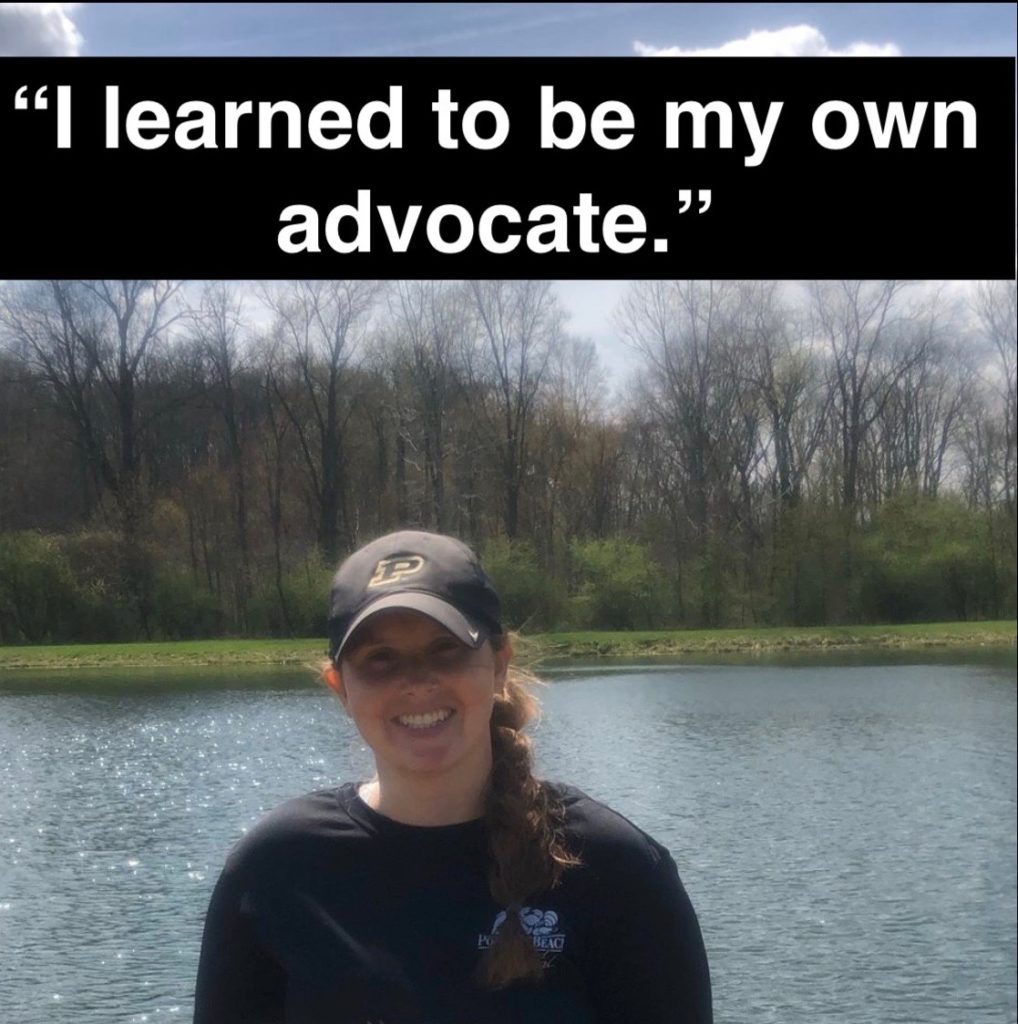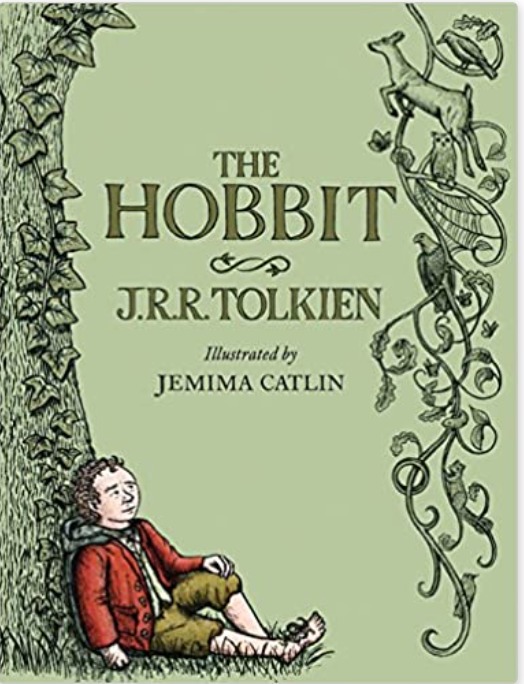My last blog post featured an interview with Ashley, my former student, who I have known now for about twenty years! Time does fly. I encourage you to read my last blog post if you haven’t already read it prior to reading this one since I interviewed Ashley about the earlier part of her education leading up to high school. Ashley is very much a success story! In fact, Ashley typifies the case studies of individual success outlined in Sally Shaywitz and Jonathan Shaywitz’s Overcoming Dyslexia. Kudos to Ashley’s efforts!! Read on for more of my conversation with Ashley.
LJ: Describe your high school experience. You attended a selective private high school. On top of that, this school was rigorous in terms of curriculum and required far more commutation time since it was about 30 miles from home.
A: High school was a good experience for me. The school did very well with my accommodations in terms of setting them up. Most of my teachers did understand my learning challenges. At the time, I loved history and wanted to take AP History, but that was a big mistake! It was too much reading. I was required to read a whole chapter, 30 pages, a night!! It was just too much for me with all my other homework.
LJ: How much time did you spend doing homework?
AY: I felt like I was working all the time. I did it during study halls, on the way home on the bus, and then at home—maybe 6 or 8 hours. It felt all consuming, but maybe I am overestimating.
LJ: Plus I recall you had to do all your service hours as part of your high school graduation requirements every year.
AY: And I was also on the golf team. But…it was really good for college–it prepared me for the work and also how to manage my time. I had to develop good study habits. I don’t think I would have succeeded as well as I did with the college workload without my high school experience truly preparing me for it.
LJ: Do you think your high school experience improved your reading stamina?
A: Yes! Once I switched from AP History to ‘regular’ history, it was fine. I was able to do the reading at my pace. My teachers were willing to work with me by providing reading and assignments in advance and/or allowing more time for assignment completion if i needed it and also when taking tests.
LJ: So, the takeaway message is: “If you have teachers who are willing to work with you, it makes all the difference.”
“If you have teachers who are willing to work with individual student needs, it makes all the difference.”
~Lori Josephson
A: Yes! The teachers were willing to meet with me and we would create a plan–I could start my test earlier, for example. I’d figure out when I could complete the test with extra time throughout the day.
LJ: You were lucky to attend a school with a history of working with students who needed accommodations. The personnel knew what needed to be done to create successful students.
LJ: Did your parents help you with your schoolwork?
A: My mom was my biggest advocate, but I learned to be my own advocate. She helped me with my homework, projects, or studying for tests. The projects in elementary and middle school sure took a lot of time.
LJ: What do you feel are some of the secondary effects of having dyslexia? I know you are aware dyslexia affects a person throughout life.
A: In some ways, I think it made me a little less social. I was afraid of ‘messing up’. I didn’t want to say something or read something ‘wrong’, especially in the classroom setting. I was afraid of people making fun of me, so I just shut down a little more than others.

LJ: I just tested a young man recently who told me that he “just squiggled something” when he wrote by hand when he didn’t know how to spell a word. That was one of his coping mechanisms. Did you develop any coping mechanisms?
A: When our class took turns reading social studies or something orally, I would try to look ahead and then ‘practice’ what I thought I was going to read ahead of time over and over again. Instead of listening to what the others read before my ‘turn’, I would look ahead and try to estimate where I would be reading and practice it in my head several times, attempting to be sure I could read the words aloud with the correct pronunciation because I was nervous about reading aloud.

LJ: So you missed the gist of what you were supposed to be listening to and reading silently?
A: Yeah! And after my turn, I zoned out a little bit because I was so anxious about my turn, so I missed a lot of stuff…
LJ: Do you read for pleasure?
A: I don’t do much reading for pleasure. Occasionally I listen to books. I just do reading for school. I know it’s kind of a bad thing. I do read articles online sometimes.
LJ: Can you comment on reading a hard copy printed text vs. reading on a screen? What’s better for you?
A: There’s positives and negatives to both versions of print. I like having both types and it depends on what I am studying. I like highlighting a real book. Sometimes the larger font on the screen is better. In college, I had access to both ebooks and an actual book. For math problems, I used the hard copy; but when I needed to search for something specific, having the ebook is much easier.

LJ: What is your favorite book or movie?
A: As a child, I enjoyed the Magic Tree House Series because of the sense of adventure and I liked the characters. As an older student, I liked The Hobbit. I think I enjoy adventure books which tell a story where the character succeeds through his journey.
LJ: The Hobbit persevered. He was a hero with whom you identified. And the journey was long!! Just like yours! Great answer!
LJ: Talk with me about your successes.
A: I am proud of my high GPA in high school and college while participating on the golf team. I received many honors at college, too. I received the Big 10 Distinguished Scholar Athlete Award my senior year, which I was pretty proud of because I maintained a 3.7 GPA the entire year. I was really happy when I received that award. I strived to be on the Dean’s List every semester.
LJ: Did you find your college schedule easier to manage than your high school schedule?
A: Absolutely! I felt like I had longer blocks of time to do what I had to do. I was able to set up my schedule instead of having my schedule set up for me.
LJ: Was the time you allocated to studying more efficient and more normalized over time?
A: The college personnel wanted me to be successful since I was a college athlete, so we had study tables, which were helpful at first, but I later was able to work out my study time independently.
LJ: Talk with me about your challenges.
A: Getting established at college with the university Accommodations Department was challenging. Every day, reading continues to be a struggle since it takes me longer to do things, but I’ve adapted to make myself succeed. Good organizational skills compensate for my challenges.
LJ: What do you consider to be your biggest strengths?
A: I am highly organized and persistent. Even though it takes me longer, I get things done until they are accomplished! I am also self-reliant; I make sure I have all the resources I need to be successful.

are keys to success!!
LJ: What do you consider the high and low points of your educational career?
A: I know I was young, but my lowest point was when I was first diagnosed as my family and I struggled to figure out what my issues were. My highest point is right now! Acceptance into Physician Assistant school has shown me that all my hard work and efforts in school paid off.
LJ: I say “success builds on success”! To reach your current career goals, what did you have to juggle?
A: In order to prepare to become a Physician Assistant, I volunteered, shadowed PAs, completed courses in a post-B.A. program, worked as an EMT, and studied for and took the GREs. All of this did pay off. I applied to 25 schools, had many interviews, and I was accepted into PA school!!
LJ: What advice can you give to others who aren’t quite as far along on their journey to success?
A: My best advice? 1-Don’t be afraid to ask for help; 2-Learn to be your own advocate. You might not always know about the resources available to help you achieve success!
I hope this interview with Ashley provides hope to both parents/families of students with dyslexia, as well as the students themselves. Even if a student doesn’t have dyslexia, some of these same challenges are common (test anxiety or fear of reading aloud in public, right?). It IS possible to thrive given appropriate instruction and support, as well as a good dose of effort, perseverance, and a positive attitude.
